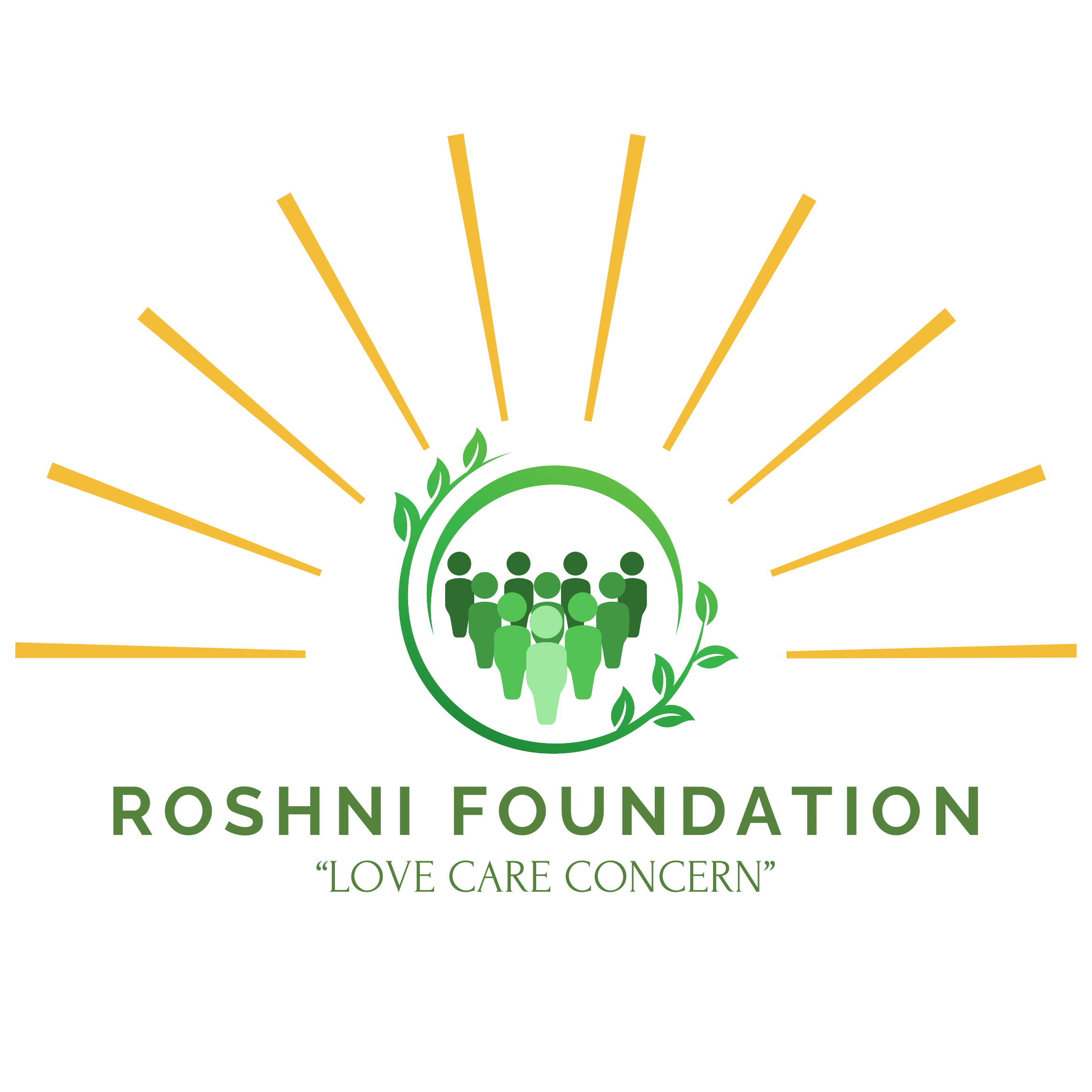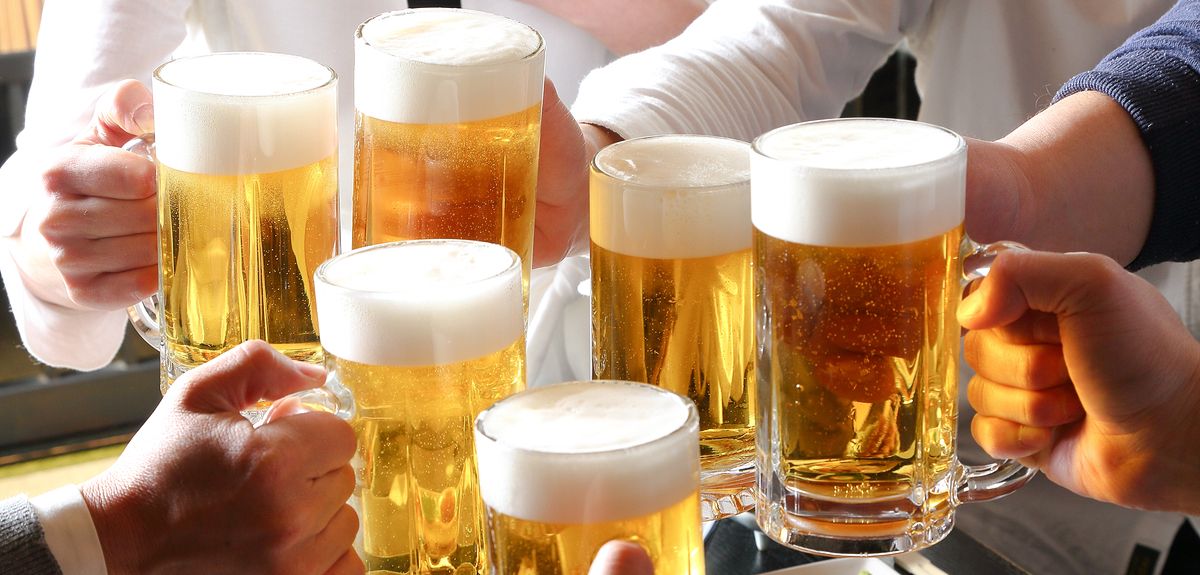Social Drinking and Alcoholism is often portrayed as harmless fun — a way to unwind, celebrate, or connect. But when this casual habit crosses a line, it may lead to deeper issues like addiction and dependency. That’s where the role of education, awareness, and proper intervention becomes vital. Organisations like Roshni Foundation, known for their dedicated support in recovery, are working tirelessly to transform lives one step at a time.
Roshni Foundation has long been a beacon of light for individuals and families affected by alcohol misuse. With a compassionate approach and evidence-based methods, the foundation stands as a powerful ally in the battle against social drinking and alcoholism. This growing concern affects millions globally and demands a holistic solution that includes community support, rehabilitation, and personal resolve.

Understanding the Line Between Social Drinking and Alcoholism
At its core, social drinking is moderate alcohol consumption during events or gatherings. However, social drinking and alcoholism are connected more closely than most people realise. The transition from social use to dependence can be subtle and slow, making it difficult to detect in time.
People who engage in frequent social drinking often underestimate their intake. Over time, the body adapts to alcohol, requiring more for the same effects. Emotional reliance follows, especially in individuals dealing with stress, anxiety, or loneliness. This shift marks the slippery slope toward social drinking and alcoholism.
Recognising early warning signs — such as drinking in isolation, blackout episodes, or neglect of responsibilities — is essential. These are not merely bad habits; they are red flags that signal a developing addiction.
Why Social Drinking and Alcoholism Deserve Attention
The cultural normalisation of alcohol adds to the complexity of managing social drinking and alcoholism. It is often glamorised in the media, used as a social lubricant, and gifted during celebrations, making it difficult to question or criticise.
Yet, the consequences are severe. Alcohol affects nearly every organ in the body. Long-term abuse may result in liver damage, cardiovascular issues, and mental health disorders. But beyond the physical, social drinking and alcoholism strain relationships, hurt careers, and lead to emotional isolation.
This is why Roshni Foundation emphasises early intervention and community awareness. Their counselling programs and de-addiction therapies are aimed not only at recovery but also at prevention. They help individuals recognise harmful patterns before they spiral out of control.
The Role of Family and Community
A powerful antidote to social drinking and alcoholism is a supportive environment. Family members, friends, and workplaces play a critical role in encouraging individuals to seek help. Open conversations, non-judgmental support, and timely action can make all the difference.
Roshni Foundation offers family counselling, helping loved ones understand the nature of addiction and how to support someone in recovery. Their outreach programs in schools, colleges, and workplaces also educate communities about the dangers of unchecked social drinking.
One of the unique things about social drinking and alcoholism is that it’s often hidden in plain sight. Unlike hard drug abuse, it may go unnoticed for years. This makes community-based efforts even more important — awareness, empathy, and education are the keys to prevention.
Recovery is Possible: Steps to Break Free
Breaking free from social drinking and alcoholism is not easy, but it is absolutely possible with the right guidance and persistence. Recovery involves several stages, including:
-
Acknowledgement: The first step is admitting the issue and the desire for change.
-
Detoxification: Under professional supervision, the body is cleared of alcohol.
-
Counselling: Therapy sessions help address emotional and psychological factors.
-
Lifestyle Change: Individuals learn to build routines that promote sobriety.
-
Aftercare: Regular follow-ups, peer groups, and family support ensure long-term recovery.
Roshni Foundation personalises this process for every individual. Their experienced staff designs recovery plans that focus not just on sobriety, but also on emotional healing and empowerment.
Long-Term Strategies to Prevent Relapse
One of the biggest challenges in treating social drinking and alcoholism is preventing relapse. Cravings, social pressure, and unresolved trauma can pull a person back into old habits. That’s why continued support and relapse prevention plans are crucial.
Practical steps include:
-
Avoiding high-risk situations
-
Replacing alcohol-related activities with healthy hobbies
-
Staying connected to a support group
-
Setting achievable life goals
-
Practising mindfulness and stress management
Roshni Foundation’s aftercare programs ensure that recovery doesn’t end after rehab. Their ongoing support helps individuals stay strong during tough times and continue progressing toward a sober life.
The Way Forward: Seeking Help and Support
Addressing social drinking and alcoholism is not just about stopping alcohol use. It’s about reclaiming life, relationships, health, and purpose. The journey may be challenging, but it is also deeply rewarding.
Whether you’re personally affected or concerned about someone close, reaching out for professional help can change the trajectory of a life. There is no shame in seeking support — in fact, it’s an act of strength.
Conclusion
If you or someone you know is struggling with social drinking and alcoholism, don’t wait for rock bottom. Prevention and recovery are always possible, especially with expert care. As the Best Rehab centre in Dehradun, Roshni Foundation is committed to guiding individuals from darkness to light, empowering lives with hope, compassion, and lasting change.


